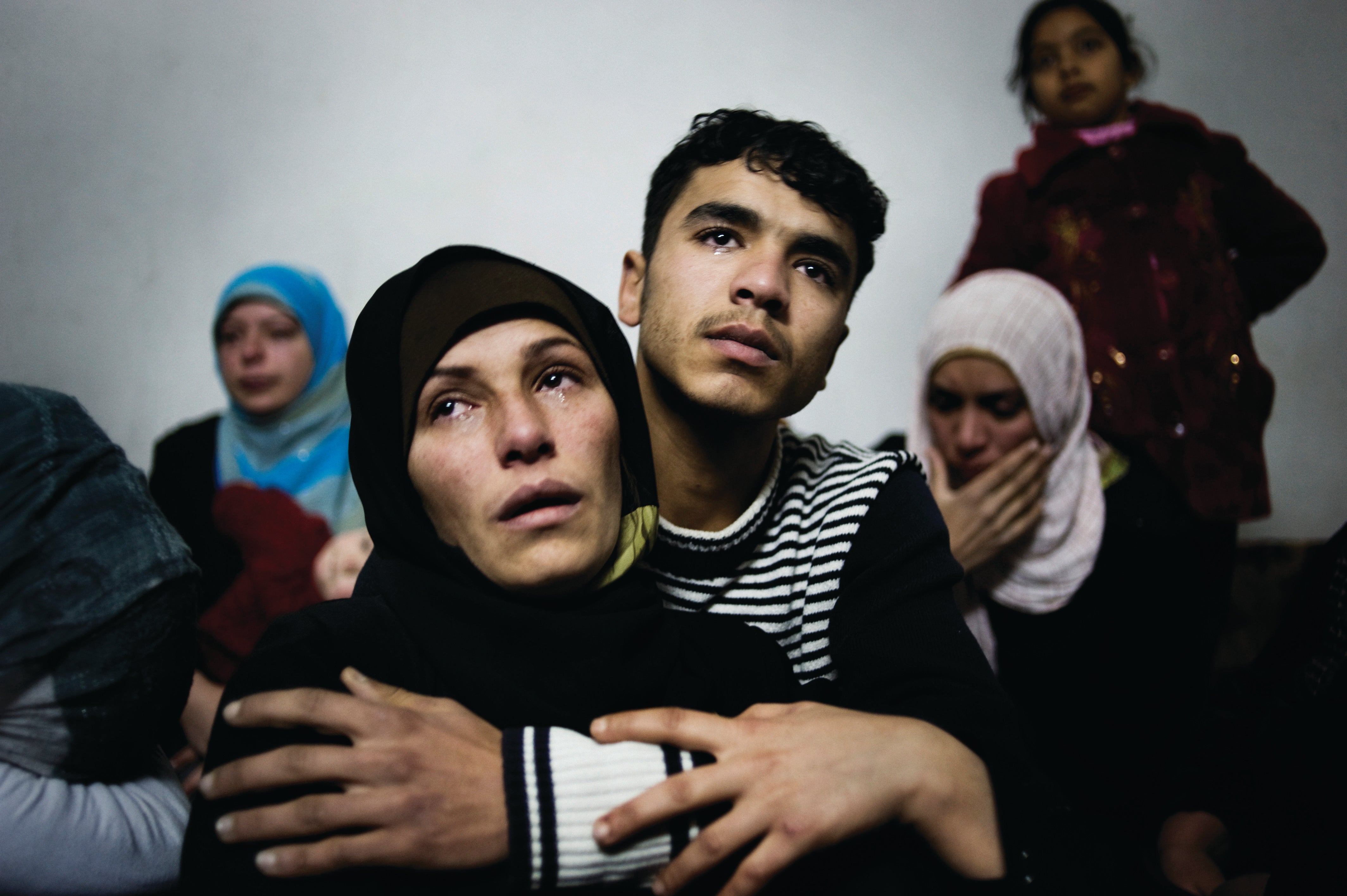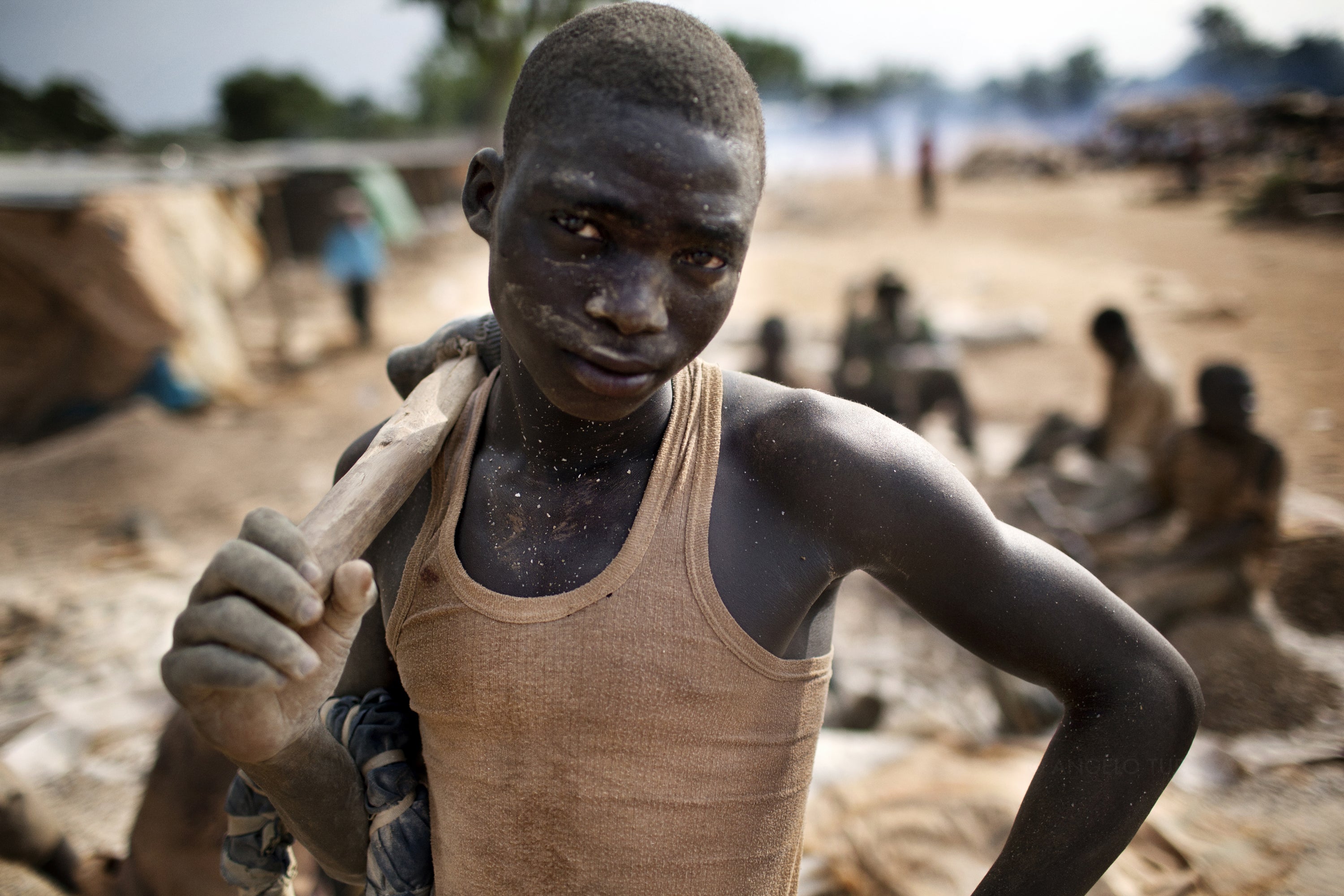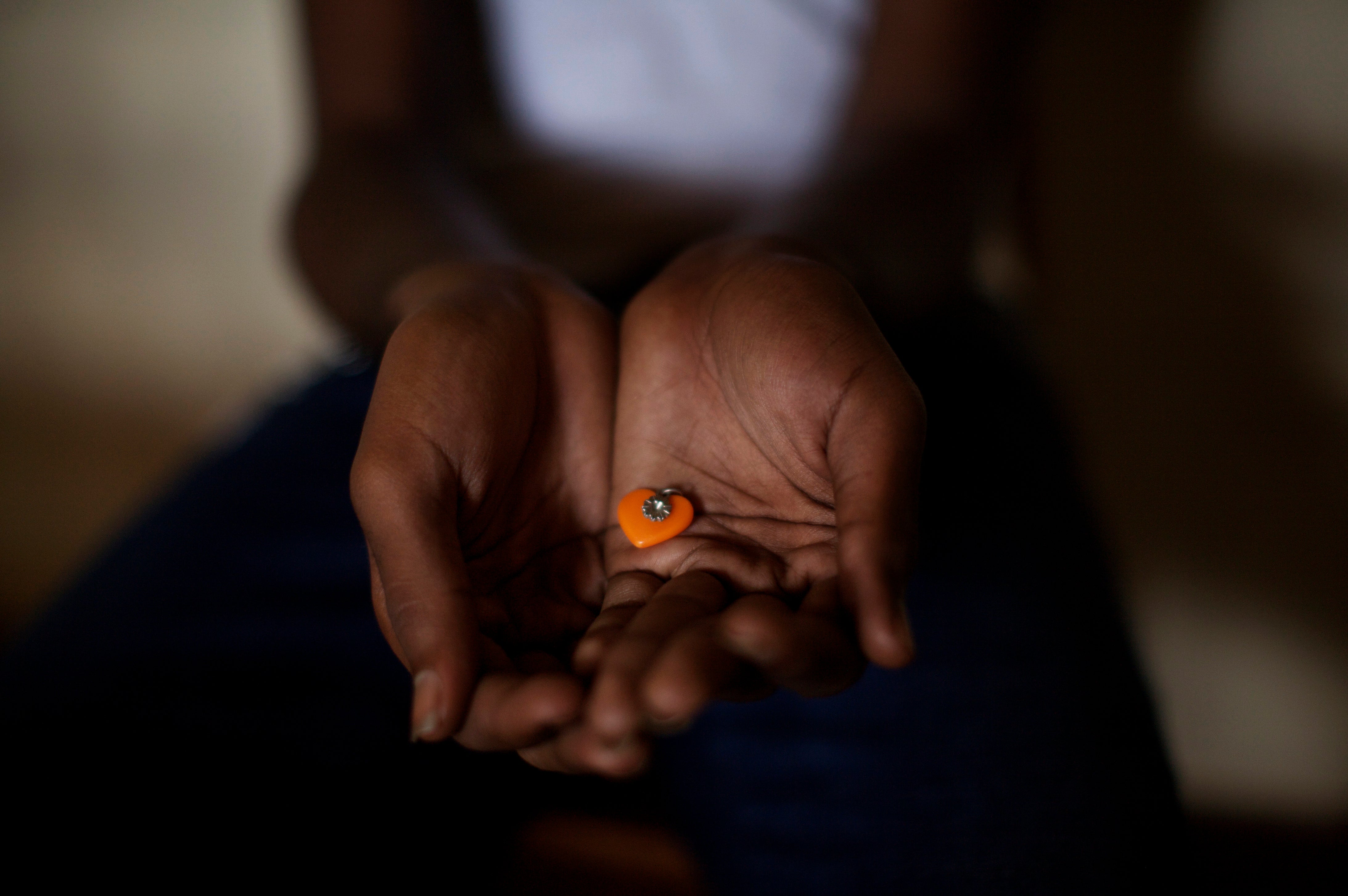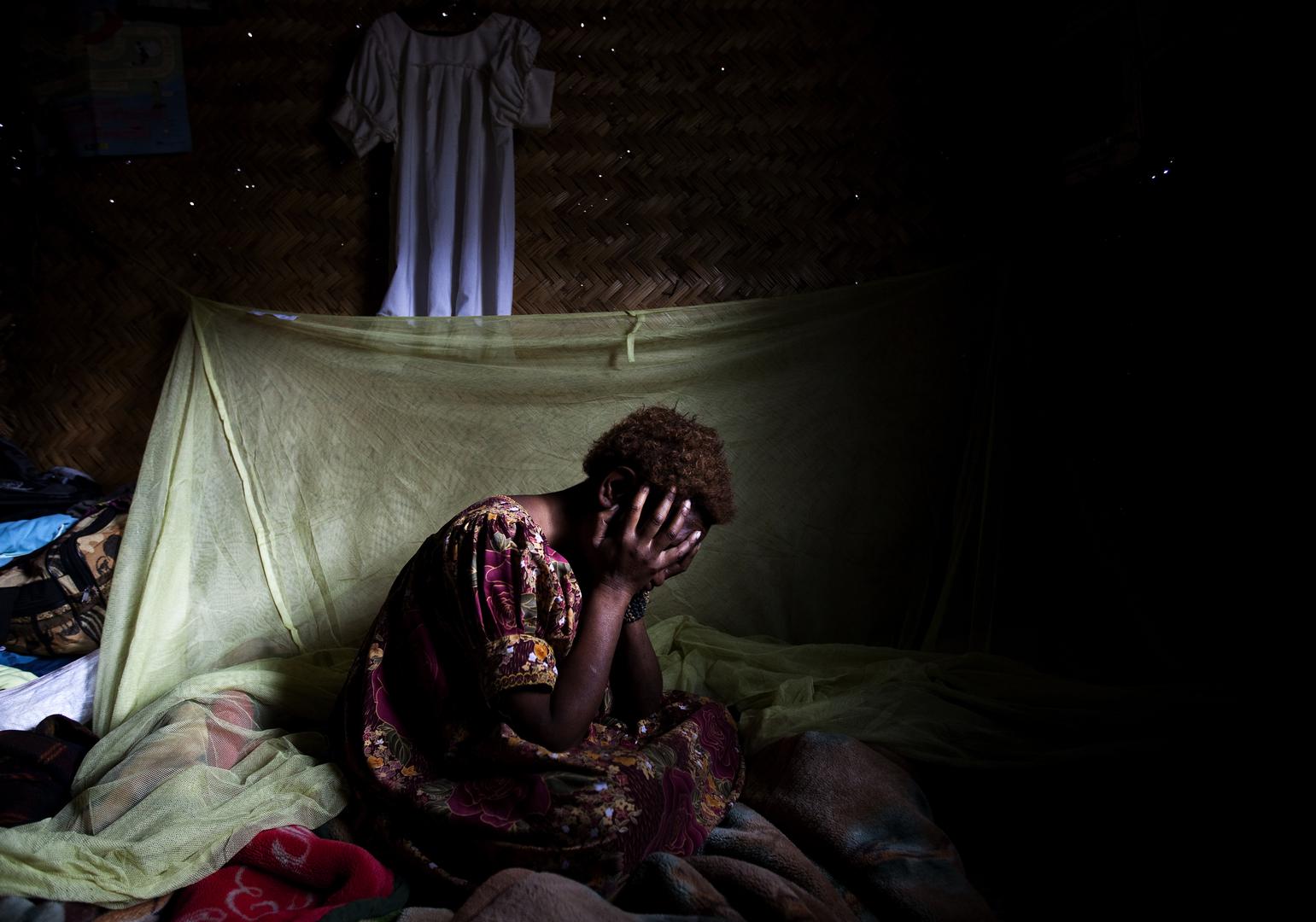Uzbekistan’s human rights record remains atrocious, with no meaningful improvements in 2012. Torture is endemic in the criminal justice system. Authorities intensified their crackdown on civil society activists, opposition members, and journalists, and continued to persecute religious believers who worship outside strict state controls.
Freedom of expression is severely limited. The government continues to sponsor forced child labor during the cotton harvest. Authorities still deny justice for the 2005 Andijan massacre, in which government forces shot and killed hundreds of protesters, most of them unarmed. 2012 marked 10 years since Uzbekistan allowed a United Nations special rapporteur to visit the country.
Despite the government’s persistent refusal to address concerns about its abysmal human rights record, the United States and European Union continued to advance closer relations with Tashkent in 2012, seeking cooperation with the war in Afghanistan.
Human Rights Defenders and Independent Journalists
Authorities regularly threaten, imprison, and torture rights defenders and civil society activists, and block international rights groups and media outlets from operating in Uzbekistan.
In 2012, the Uzbek government continued to hold at least 10 rights defenders in prison on wrongful charges, and has brought charges against others because of their human rights work. The 10 are: Solijon Abdurakhmanov, Azam Formonov, Nosim Isakov, Gaibullo Jalilov, Rasul Khudainasarov, Ganihon Mamatkhanov, Yuldash Rasulov, Dilmurod Saidov, Akzam Turgunov, and Gulnaza Yuldasheva.
Yuldasheva was sentenced in July to seven years on trumped-up fraud charges for investigating police involvement in human trafficking. Another activist, Jamshid Karimov, was reportedly released from a psychiatric ward in 2011 but has “disappeared,” prompting fears he was re-detained. Several imprisoned activists are in serious ill-health and have been tortured in prison.
Other journalists and opposition figures remain imprisoned on politically motivated charges. In January, days before his 13-year sentence was to expire, Muhammad Bekjanov, editor of the opposition newspaper Erk, was given an additional five-year sentence for allegedly violating prison rules. Bekjanov has been jailed since 1999, and along with another jailed journalist, Yusuf Ruzimuradov, has been imprisoned longer than any other reporter worldwide, according to the Committee to Protect Journalists.
On February 8, the government-controlled bar association upheld a ruling to disbar one of Uzbekistan’s leading defense lawyers, Ruhiddin Komilov.
In separate incidents in March, authorities deported two foreign reporters, the BBC’s Natalia Antelava and Viktoriya Ivleva of Russia’s Novaya Gazeta newspaper, when they arrived at Tashkent airport.
On March 26, journalist Viktor Krymzalov was convicted of defamation for an article published without a byline. The plaintiff “assumed” the article was written by Krymzalov, who denied he was the author.
On April 6, a Tashkent court fined journalist Elena Bondar US$3,700 on charges of “propagat[ing] ethnic or religious hatred” in connection with research she conducted on the pending closure of a university. Bondar and other journalists believed that the charges, devoid of any substance, were leveled in response to her record of independent reporting for news outlets whose websites are systematically blocked by authorities, such as the independent news portal www.ferghana.ru.
Members of the Human Rights Alliance, an Uzbek rights group, were regularly subjected to arbitrary detention and house arrest in 2012. On February 28, activist Abdullo Tojiboi-ugli went to Tashkent’s City Hall to picket authorities. Police detained him minutes after he began. He was sentenced for “minor hooliganism” and fined 70 times the minimum wage.
On March 2, the 20th anniversary of Uzbekistan’s accession to the UN, Elena Urlaeva, head of the Human Rights Alliance; Tojiboi-ugli; and activists Shukhrat Rustamov, Nasiba Ashirmatova, Ada Kim, Gulchekhra Turopova, and Zoya Yangurazova planned to march to the residence of President Islam Karimov. Police placed them under house arrest as they gathered in Urlaeva’s home. Urlaeva and Tojiboi-ugli were able to leave but were later detained and released several hours later.
On May 5, activist Gulshan Karaeva posted on the internet that she had refused a demand by Uzbekistan’s National Security Services (SNB) to cooperate as an informant. Days later, unknown assailants attacked her in the street.
In September, during the peak of the cotton harvest, authorities arrested Uktam Pardaev, a rights activist well known for reporting on police abuses, torture, and forced labor. Pardaev was beaten by several officers during the initial arrest and then held for over 15 days on minor administrative charges of “hooliganism” and “resisting arrest.” Pardaev and other observers believe he was arrested to prevent him from monitoring the rights of children and adults who are mobilized and forced to pick cotton during the annual harvest.
Due to the increasing government crackdown, a branch office of Ezgulik (Goodness), the country’s only registered human rights organization, was forced to close, and several rights activists and journalists were forced to flee the country.
The government also pursued activists and opposition figures living in exile.
In February, an unknown assailant shot prominent Uzbek exiled religious leader Imam Obidhon-kori Nazarov in Sweden. Nazarov was one of Uzbekistan’s most popular religious figures in the 1990s until the government shut down his mosque, forcing him and thousands of his followers into exile. The assassination attempt came after years of death threats and intimidation. In July, Sweden's Chief Prosecutor Krister Petersson stated that Uzbekistan's secret services were probably behind the attack.
In April, authorities aired a 20-minute television program accusing France-based activist Nadejda Atayeva, president of the Association of Human Rights in Central Asia, of stealing millions of dollars, and calling for her extradition to Uzbekistan. The film came days after Atayeva had publicly called for an investigation into an assassination attempt on Nazarov.
The Andijan Massacre
The government continues to refuse an independent investigation into the 2005 massacre of hundreds of citizens in Andijan, who had gathered to protest socio-economic problems and civil and political grievances in the country in connection with the government’s prosecution of local business leaders on charges of terrorism. The Uzbek government’s persistent refusal to allow an independent international investigation has denied justice to victims and failed to bring to account those responsible. Authorities continue to persecute anyone suspected of having participated in, or witnessed, the atrocities.
The government also continues to intimidate family members of Andijan massacre survivors who have sought refuge abroad.
Criminal Justice, Torture, and Ill-Treatment
Torture remains rampant and continues to occur with near-total impunity. Detainees’ rights are violated at each stage of investigations and trials, despite habeas corpus amendments passed in 2008. The government has failed to meaningfully implement recommendations to combat torture made by the UN special rapporteur in 2003 and other international bodies.
Suspects are not permitted access to lawyers, a critical safeguard against torture in pre-trial detention. Police coerce confessions from detainees using torture, including beatings with batons and plastic bottles, hanging by the wrists and ankles, rape, and sexual humiliation. Authorities routinely refuse to investigate allegations of abuse.
For example, in July, police in western Uzbekistan detained Jehovah's Witness Gulchehra Abdullayeva on suspicion of possessing “banned” literature. Abdullayeva complained that officers made her stand facing a wall for four hours with no food or water in the summer heat. They then placed a gas mask over her head and blocked the air supply.
Human Rights Watch continues to receive regular and credible reports of torture, including suspicious deaths in custody in pre-trial and post-conviction detention.
Freedom of Religion
Although Uzbekistan’s Constitution ensures freedom of religion, authorities continued their multi-year campaign of arbitrary detention, arrest, and torture of Muslims who practice their faith outside state controls. Over 200 were arrested or convicted in 2012 on charges related to religious extremism.
Continuing a trend that began in 2008, followers of the late Turkish Muslim theologian Said Nursi were prosecuted for religious extremism, with dozens arrested or imprisoned in 2012.
Authorities also imprison and fine Christians who conduct peaceful religious activities for administrative offenses, such as illegal religious teaching.
Authorities extend sentences of religious prisoners for alleged violations of prison regulations. Such extensions occur without due process and add years to a prisoner’s sentence, and appear aimed at keeping religious prisoners incarcerated indefinitely.
Forced Labor
Forced child and adult labor in the cotton sector remains a serious concern. The government took no meaningful steps to implement the two International Labour Organization (ILO) conventions on child labor, which it ratified in March 2008. Despite repeated requests, it continued to refuse the ILO access to monitor the harvest.
The government continues to force millions of schoolchildren, mainly aged 15 to 17 years old, but some as young as 9, to help with the cotton harvest for up to two months every year. Officials including police, municipal authorities, and school principals shut down schools, busing children to cotton fields where they are made to harvest cotton in line with established daily quotas. They live in filthy conditions, contract illnesses, miss school, and work daily from early morning until evening for little or no pay. In 2012, as in past years, authorities also forced adults, including schoolteachers, doctors, and other public sector employees, to participate.
Authorities regularly harass activists who try to document forced adult and child labor.
Key International Actors
The Uzbek government continued to refuse to cooperate with international institutions but faced virtually no consequences for its intransigence. For the past decade, it has denied access to all UN special monitors who have requested invitations—10 at this writing—and has failed to comply with recommendations that various expert bodies have made.
The EU’s position on human rights remained disappointingly weak, with virtually no public expressions of concern about Uzbekistan’s deteriorating record, and no policy consequences for the government’s continued failure to meet the EU’s reform expectations as articulated by EU foreign ministers in 2010. Bilateral meetings between the EU and Uzbekistan, including a Cooperation Committee meeting in Tashkent in July, yielded no known results for human rights. The EU did not seize the opportunity provided by the five-year anniversary of its strategy for Central Asia to engage in a critical rethinking of its approach.
The European Parliament voiced concern about Uzbekistan’s poor record by adopting a highly critical resolution in December 2011, in which it rejected a proposed reduction of EU textile tariffs for Uzbekistan until conditions are met, including enabling the ILO to access the country. In September, for the second year in a row, Tashkent denied visas to a delegation from Germany’s parliament that sought to meet Uzbek rights defenders.
In 2012, the US deepened its engagement with Uzbekistan. Since 2004, Congress had restricted assistance to Uzbekistan based on its deplorable rights record and further tightened restrictions following the Andijan massacre. However, on January 18, in a deeply troubling move and despite no meaningful improvements, the Obama administration exercised the authority Congress granted it to waive rights-related sanctions and restart military aid to Tashkent.
Uzbekistan is seen as a critical stop in the Northern Distribution Network (NDN) through which the US has sent non-lethal supplies to Afghanistan since 2009 as an alternative to unstable supply lines through Pakistan. US military contracts with Uzbek companies as part of this supply chain are potentially lucrative for those close to the Uzbek government.
Despite the State Department’s re-designation of Uzbekistan as a “Country of Particular Concern” for violations of religious freedom, the US government retained a waiver on the sanctions outlined in the designation.




